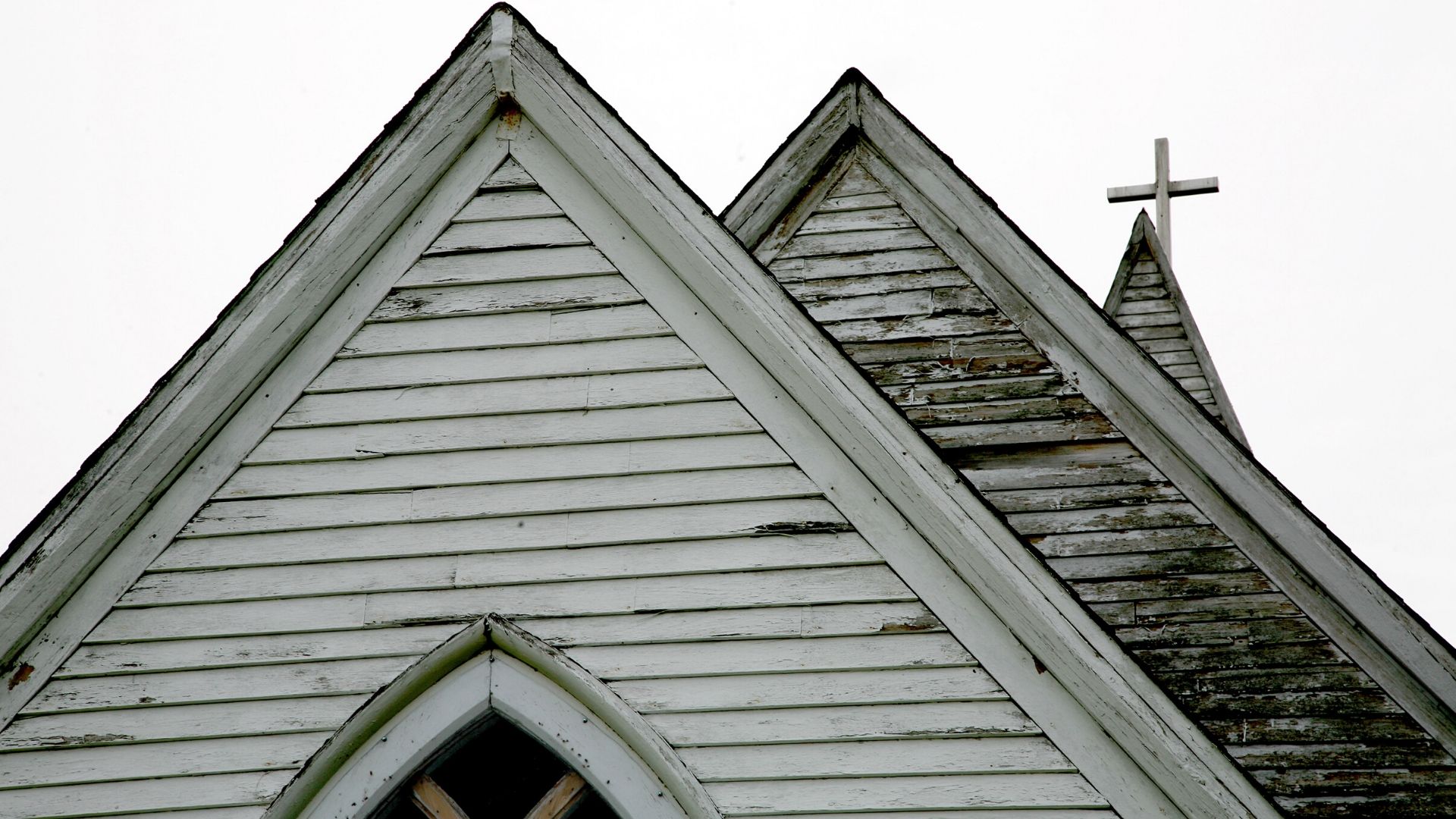The coronavirus has negatively impacted communities around the world. Religious communities are no exception. With only days’ notice, churches have had to adapt to live streaming services online, continuing food pantries and other service engagements with limited staff and resources, and offering new forms of communion and fellowship in the age of “social distancing.”
In his letter to the Romans, the apostle Paul writes, “All things work together for good for those who love God” (Romans 8:28). Without downplaying “the sufferings of the present time,” he turned attention to the future “glory about to be revealed” (8:18). Similarly, while acknowledging and honoring that great loss that is happening for many, with the marginalized suffering exponentially more than others, I find myself asking the question: might the coronavirus work for good for the Church?
American religious communities have been up against rapid declines in membership and attendance well before this new challenge appeared. As a sociologist who studies religious engagement, I expect this downward trajectory to continue, eventually tapering off at some level of minimal involvement if no intervention occurs—this is just what most trends and theories point to. However, the coronavirus presents some interesting new possibilities. What could happen if more churches started experimenting and implementing new forms of ministry like their “life” depended on it? Could it change the trajectory of decline?
In my own observation, many churches appear to be rising to the occasion. I have learned of churches in my hometown collaborating to hold worship services at an outdoor drive-in movie theater. Their worship has thus expanded, as have their relationships with local businesses. I have witnessed my social media newsfeed fill with religious leaders offering live prayer support and devotions that can be watched anytime, including at work. These are newly offered ministries, and they take place throughout the week versus only on Sundays.
READ: The Symptoms of a Nation Approaching Spiritual Death
I have encountered church leaders grappling with how to present the Easter message this year. In contrast to some of their anxieties, I find it exciting that they are considering important theological themes that would never make it into a “normal Easter.”
I have received emails encouraging participation in phone chains intended to make sure that no one feels alone and that everyone has someone to “check-in” with. Likewise, church attenders and non-attenders have together mobilized to ensure that the most vulnerable in society have food, shelter, emotional support, and other necessary resources to retain at least some sense of normalcy. Of course, this kind of innovation may just be beginning—these are just some of the Church’s immediate responses.
Perhaps the coronavirus will awaken the Church to its original identity. Church was never intended to be a place, but rather a radical movement of love, charity, inclusion, boundary crossing, and discovery of God already at work in the world. The story of the early Church’s growth, according to Acts 2, is a story of people breaking bread in their homes with glad and generous hearts and rallying to make sure everyone’s needs were taken care of. “Social distancing” will come and go, but the constructive responses it summons may persist. It might be a stretch, but there are both theories and evidence to suggest that the coronavirus could just initiate a revival.
Many churches will face financial hardship during this time. For some, the coronavirus will be fatal. However, those that find novel ways to endure this pandemic might build some immunity to the challenges plaguing churches today.

